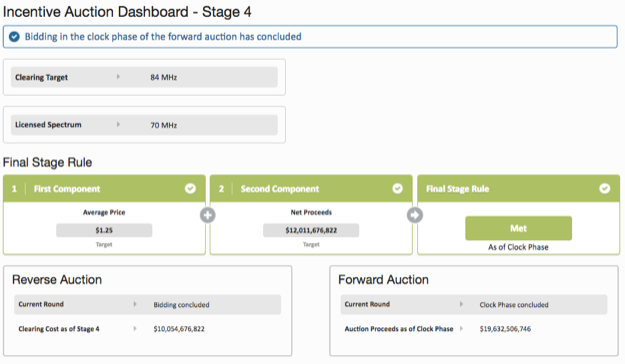Two California lawmakers want to declare cell sites not a municipal affair
![Collin Knopp-Schwyn [CC BY 4.0 (https://creativecommons.org/licenses/by/4.0)], via Wikimedia Commons](https://www.tellusventure.com/images/2016/1/pole_attachment.jpg)
The new legislative year is bringing with it a new effort to further preempt local government authority regarding where and how cell sites can be built. Senate bill 649 was introduced last week by senator Ben Hueso (D – San Diego County), the chair of the senate energy, utilities and communications committee, and co-authored by assemblyman Bill Quirk (D – Hayward), who has been a good friend to mobile carriers in general, and AT&T in particular.… More


![By U.S. Navy photo by Mass Communication Specialist 3rd Class Frankie J. Colbry [Public domain], via Wikimedia Commons](https://www.tellusventure.com/blog/images/2014/12/money.jpg)

![By Yahiakordy (Own work) [CC BY-SA 4.0 (https://creativecommons.org/licenses/by-sa/4.0)], via Wikimedia Commons](https://www.tellusventure.com/images/2017/2/bike_on_road.jpg)


![By KTo288 (Own work) [CC BY-SA 3.0 (https://creativecommons.org/licenses/by-sa/3.0) or GFDL (https://www.gnu.org/copyleft/fdl.html)], via Wikimedia Commons](https://www.tellusventure.com/images/2017/2/crowd.jpg)
![By D'oh Boy (Mark Holloway) from Beatty, Nevada, USA (USF Reddaway Triples) [CC BY 2.0 (https://creativecommons.org/licenses/by/2.0)], via Wikimedia Commons](https://www.tellusventure.com/images/2017/2/triple_truck.jpg)
